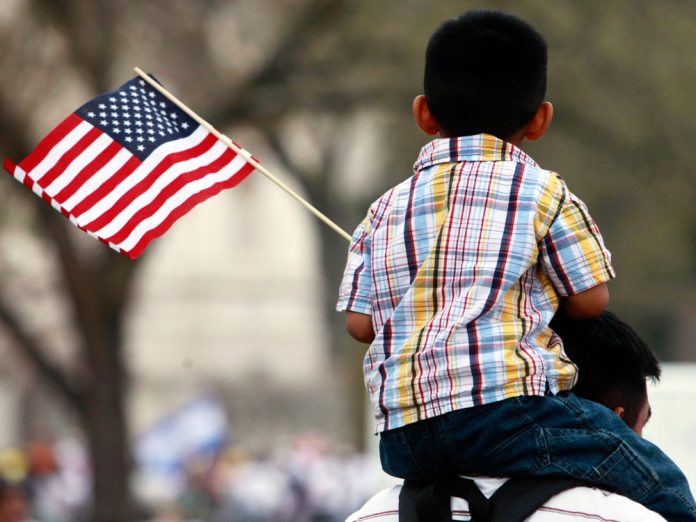The concept of birthright citizenship, which grants citizenship to individuals based on the location of their birth, has been a longstanding principle in the United States. This right is enshrined in the Fourteenth Amendment of the U.S. Constitution, which states that “All persons born or naturalized in the United States, and subject to the jurisdiction thereof, are citizens of the United States and of the State wherein they reside.”
However, the issue of birthright citizenship has become a contentious topic in recent years, particularly during the Trump administration. On January 20, 2025, President Donald Trump signed an executive order titled “Protecting the Meaning and Value of American Citizenship,” which sought to redefine who can claim U.S. citizenship.
The order tried to deny citizenship to children born in the U.S. if their parents were unauthorized migrants or had temporary visas. But the American Civil Liberties Union (ACLU) and other civil rights groups quickly took the issue to court, saying it was unconstitutional.
Supporters of the order, including the Trump administration, believe that children of non-citizens should not automatically get U.S. citizenship. They say this could encourage illegal immigration and weaken the value of being an American citizen. They also argue that the Fourteenth Amendment’s rule about being “under U.S. jurisdiction” could be understood to exclude some non-citizens.
People against the order say the Fourteenth Amendment clearly gives citizenship to those born in the U.S., and the president cannot change this rule alone. They believe denying citizenship based on parents’ immigration status would be unfair, lead to discrimination, and go against American values of equality.
During the legal battle, several federal courts, including the U.S. District Court for the District of New Hampshire, issued temporary orders stopping the executive order from taking effect. On Wednesday, February 5, 2025, a federal judge in Maryland took it further by issuing a nationwide order blocking President Donald Trump’s attempt to limit birthright citizenship. These rulings made it clear that the president cannot change the Fourteenth Amendment’s guarantee of citizenship through an executive order.
The debate over birthright citizenship continues to be a contentious and politically charged issue, with both sides making arguments based on legal, practical, and ideological grounds. As the discussion evolves, it remains to be seen how the courts and policymakers will ultimately resolve this complex and historically significant question.
Newspot Nigeria remains committed to providing objective, evidence-based reporting on this and other important issues that resonate globally. Through credible journalism, we aim to empower our readers to make informed decisions and contribute to the ongoing dialogue on the future of citizenship and inclusion in America.
Share your story or advertise with us: Whatsapp: +2347068606071 Email: info@newspotng.com

















